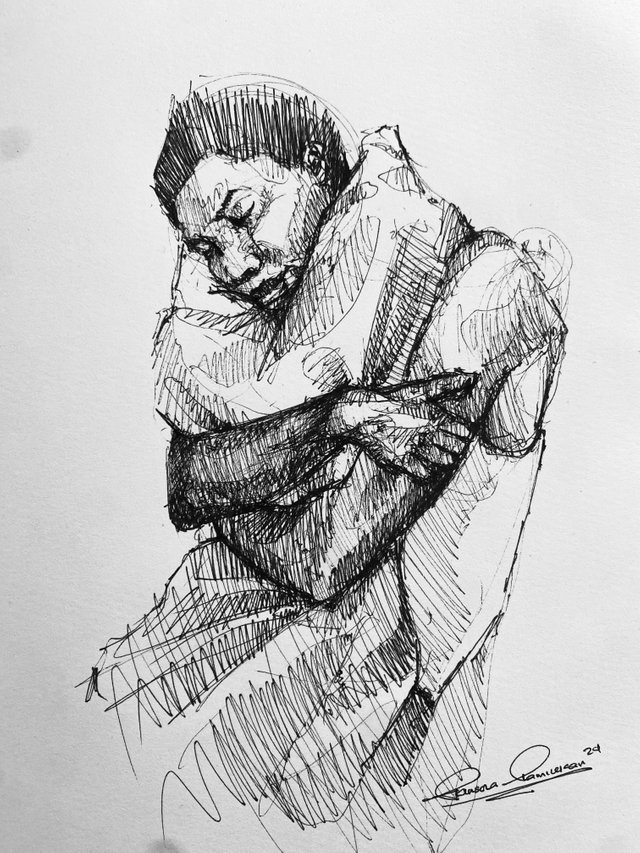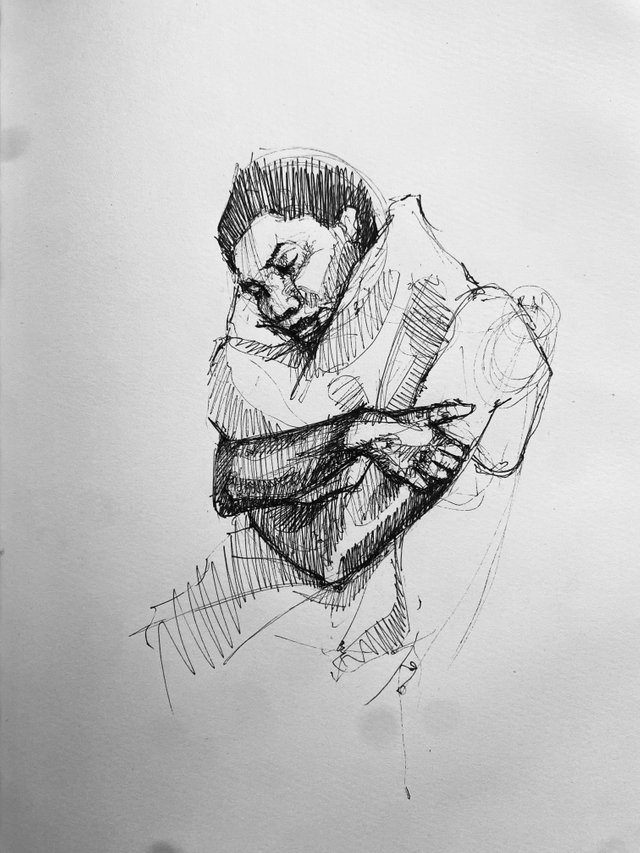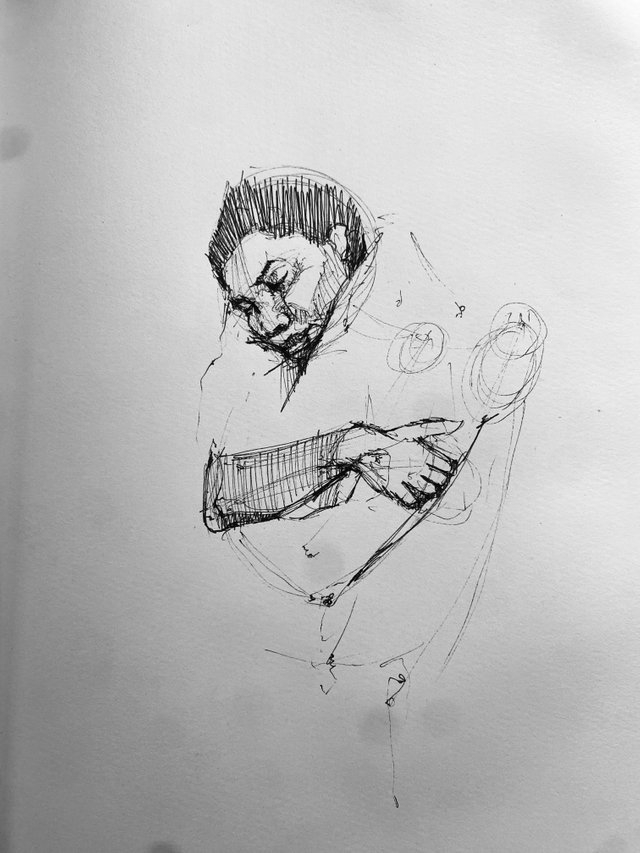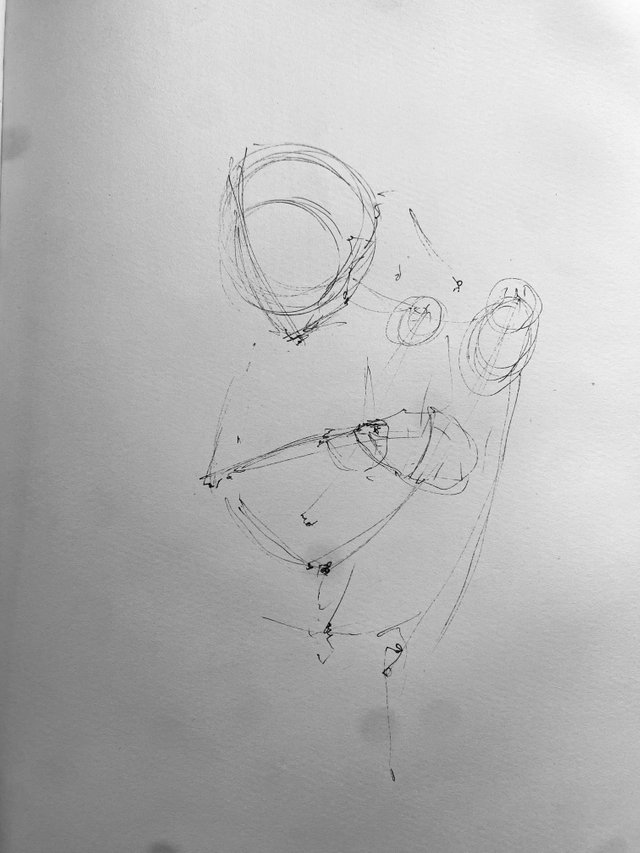Hi guys,
So I’ve been doing a little research on comfort zones and how people relate with it.
Comfort zones are often associated with a sense of safety and security. Growing up in close-knit communities where family and social ties are strong can provide a sense of belonging and protection. This longing for comfort zones is deeply ingrained in the culture, where community and tradition are highly valued.

The desire for comfort zones is also driven by the need for emotional and psychological well-being. In a community where many people face daily challenges such as poverty, conflict, and disease, comfort zones provide a much-needed respite. They offer a sense of familiarity and predictability, which can be a source of comfort in uncertain times.

In African societies, comfort zones are often created through cultural and social norms. For example, traditional practices such as communal living and shared childcare can provide a sense of comfort and security. Similarly, cultural rituals and ceremonies can offer a sense of familiarity and connection to one's community. By embracing these comfort zones, people can find a sense of peace and tranquility in the midst of challenging circumstances.

This particular topic is a important to me because it helps me understand how people value their personal space and help avoid any form of intrusion that may cause them discomfort as I myself won’t like that to happen to me. But as much as there are a lot of good in one having a comfort zone, there are also few disadvantages that if not careful could cause a great deal of anxiety and problems in facing day to day life situations.

Kindly share your thoughts as comments below.
Cc. @wakeupkitty @stef1 @joslud @rashid001 @newton666 @henryclive @betsay
I liked your take on the subject of comfort zones. You offered a perfectly balanced critique. I, too, have some thoughts on the matter, though they might seem crude to some.
Stepping out of your comfort zone can indeed lead to personal growth and reveal hidden potential. As my favorite author once said, “It’s amazing what you can do when you have to.” However, in my opinion, it’s also a form of mind-conditioning—a way to get people to act against their natural inclinations by presenting it as the norm. As a result, it can cause discomfort, trauma, and anxiety for some people.
I like the transition in your drawings, by the way, as if you're uncovering something while ending it by implying a new beginning :-))
Downvoting a post can decrease pending rewards and make it less visible. Common reasons:
Submit
Thank you so much for your thoughtful and nuanced take on the concept of comfort zones! I completely agree with you, it's not a one-size-fits-all solution. For some people, it can indeed cause discomfort, trauma, and anxiety.
I love how you phrase it as a form of mind-conditioning, where people are encouraged to act against their natural inclinations. This is a really important point, as it highlights the need for self-awareness and understanding of one's own boundaries and limitations.
And thank you for your kind words about my "drawings" I'm glad you appreciated the transition and the implication of a new beginning. That's exactly what I was going for – a sense of transformation and growth, while also acknowledging the importance of self-care and comfort.
Overall, I think we've had a fantastic conversation about comfort zones, and I'm so grateful for your thoughtful insights!
Downvoting a post can decrease pending rewards and make it less visible. Common reasons:
Submit
You didn’t just create great drawings; you also infused them with a thought-provoking message. Impressive👍
Downvoting a post can decrease pending rewards and make it less visible. Common reasons:
Submit
Thank you!
Downvoting a post can decrease pending rewards and make it less visible. Common reasons:
Submit
Bro I really appreciate you for sharing your work here. This is so beautiful.
Keep it up.
Downvoting a post can decrease pending rewards and make it less visible. Common reasons:
Submit
Thank your for the appreciation, it means a lot to me.
And of course I intend to continue sharing my works in other to connect with people like you who shares similar interests.
Downvoting a post can decrease pending rewards and make it less visible. Common reasons:
Submit
Keep sharing. I love it. I will keep appreciating you high level of creativity.
Keep it up bro.
Downvoting a post can decrease pending rewards and make it less visible. Common reasons:
Submit